Bridging Different Worlds – a student reflection on the annual Global Health Learning Symposium

Among the innovative opportunities for the Master of Science in Global Health students to engage in international collaboration and learn about cross-cultural intuition is the annual Global Health Learning Symposium.
This year, innovating into the newest configuration of an in-person symposium at the Manipal Academy of Higher Education (MAHE) In Manipal, India, plus an online option addresses concerns of equity and inclusion in ways that accommodate global concerns. This new model for internationalization of higher education supports McMaster University’s institutional priority on Engaging Local, National, Indigenous, and Global Communities.
The two-week “Bridging Different Worlds” Symposium brought together over 350 students and 37 faculty from McMaster University and its partner institutions in the Netherlands, India, Colombia, Thailand, Norway, Sudan, and Japan.
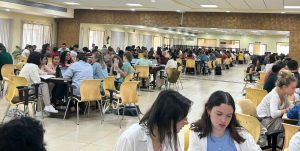 Driven by educational innovation, the Symposium uses multiple modalities such as learning pods, cluster interaction, and transcontinental faculty. Working in international teams, students engage in a system mapping exercise designed to introduce them to systems thinking while working in collaboration with a diversity of backgrounds, knowledge, and skills.
Driven by educational innovation, the Symposium uses multiple modalities such as learning pods, cluster interaction, and transcontinental faculty. Working in international teams, students engage in a system mapping exercise designed to introduce them to systems thinking while working in collaboration with a diversity of backgrounds, knowledge, and skills.
Here is what one of the Masters in Global Health students, Sareen Akbar Ali, had to say about their experience at the Symposium in India:
Indian freedom fighter and the first woman to be elected president of the United Nations general assembly, Vijaya Lakshmi Pandit said the following about India, “to me India is a land of beauty and generosity, of traditional hospitality and the acceptance of many cultures.” This quote perfectly summarizes my experience at the Global Health Symposium.
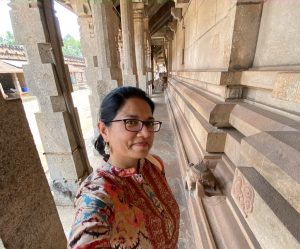
The land of beauty provided us wonderful memories of comradery that were formed under the blazing summer skies, where strangers became friends, and colleagues became confidantes. The ability to form these vital, human connections is one of the most amazing experiences of the Symposium and one that I will cherish for the rest of my life.
Generosity of spirit is an element that stands out from my time at MAHE. The generosity of the plenary speakers to share their knowledge and personal experiences that have helped to enrich our understanding of life at the forefronts of the global health field. The generosity of spirit of the numerous public health workers that we have met on our field visits who took the time to patiently answer the hundreds of questions that we posed to them in an attempt to formulate our system map.
Acceptance of many cultures should be the tagline for the Symposium. From the dazzling cultural shows that were proudly put on by our MAHE friends at the Welcome Dinner, to the heartwarming way our colleagues from across the globe embraced the banana leaf dinner, this is the face of cultural empowerment and unity, and I am so proud to have been a part of it.
I must commend and shine a spotlight on something that I observed here at the Symposium that deeply resonated with my belief system. I strongly believe in and actively advocate for women empowerment, and it gave me immense pleasure to observe that majority of the organizers, faculty, keynote, and plenary speakers, even the stakeholder panel for my cluster – reproductive and child health – were women. Strong, powerful women playing bold, dynamic roles in many spheres of society and being phenomenal inspiration for all involved.
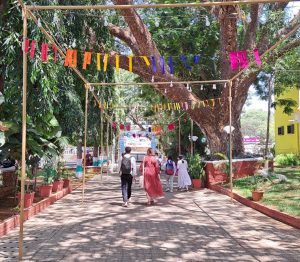 From the geopolitical conversations on nerve-wrecking bus rides to peaceful sunsets on Malpe Beach, group karaoke at the local bar, to getting lost on dusty roads … this has been a life-transforming experience and I extend my gratitude to the faculty, my peers, and colleagues for making unforgettable memories with me.
From the geopolitical conversations on nerve-wrecking bus rides to peaceful sunsets on Malpe Beach, group karaoke at the local bar, to getting lost on dusty roads … this has been a life-transforming experience and I extend my gratitude to the faculty, my peers, and colleagues for making unforgettable memories with me.
Global Health News
Related News
News Listing
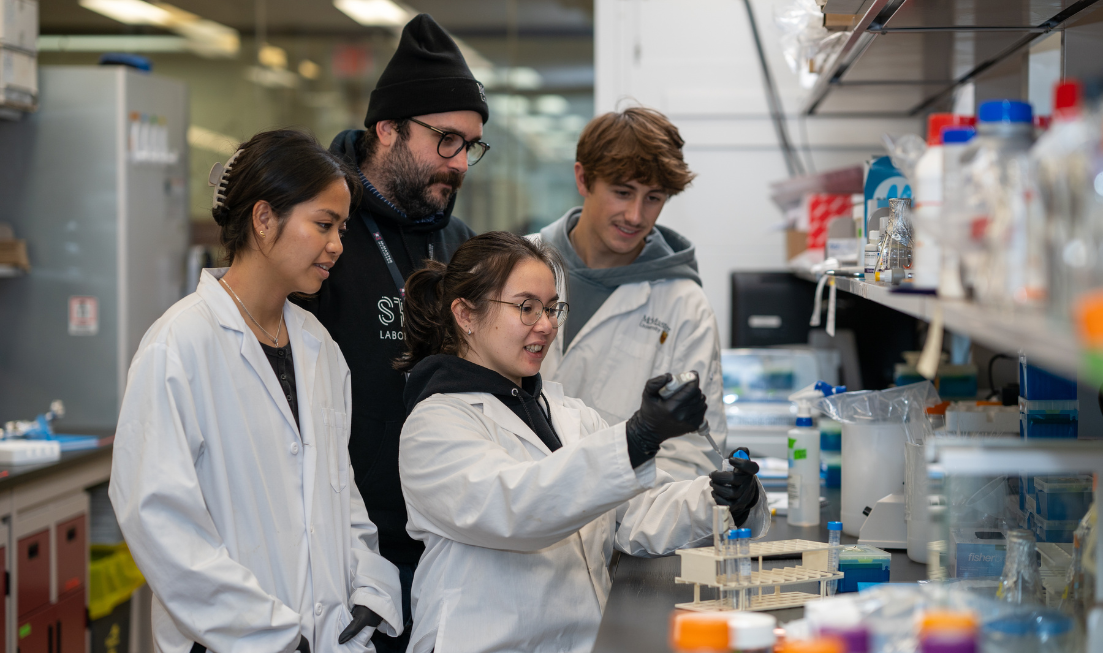
Daily News ➚
McMaster earns top spot for graduate student research intensity in annual rankings
Global Health News
December 9, 2024
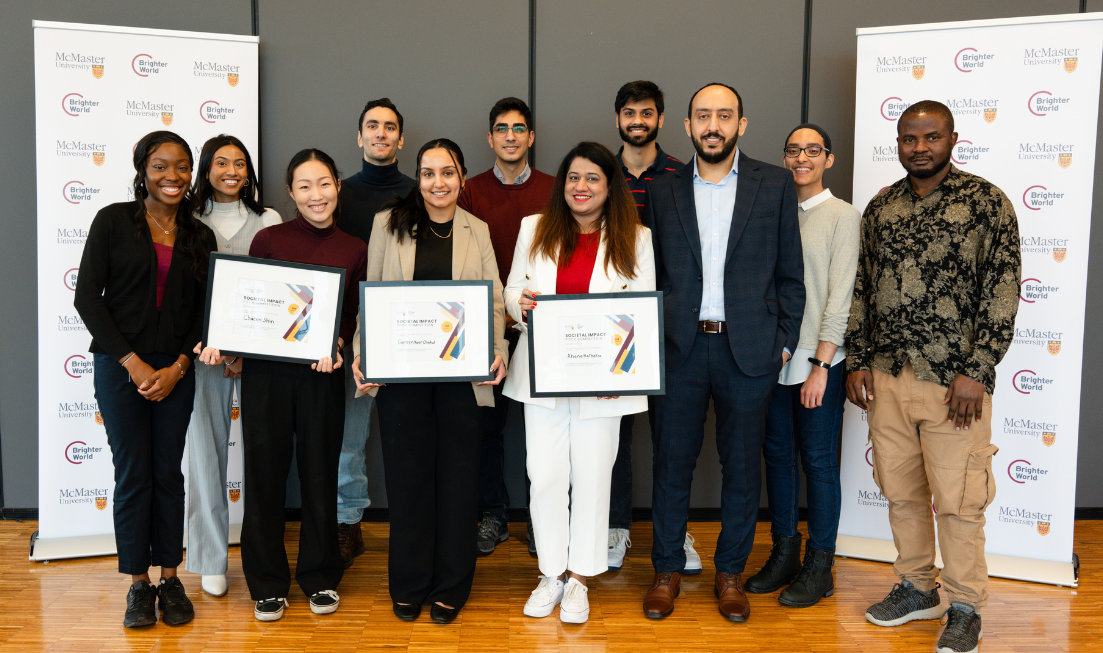
December 4, 2024

McMaster University (Global Health) and the University of Global Health Equity (UGHE), Rwanda Sign a Memorandum of Understanding (MOU)
Global Health News
November 28, 2024
